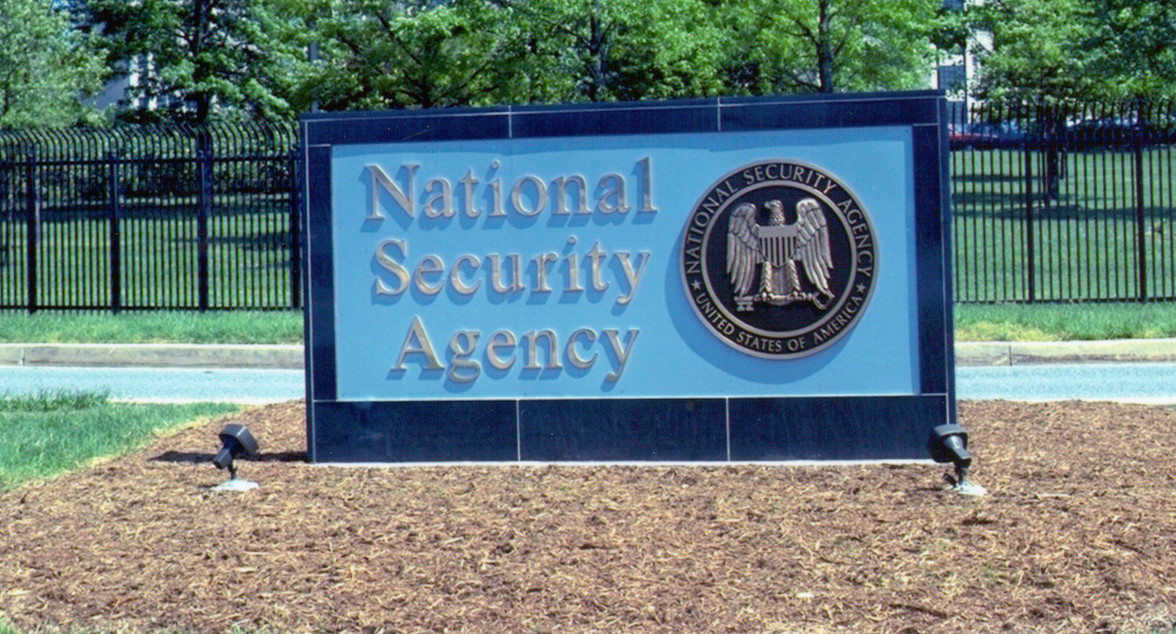Let us turn to the legal questions posed by another of this summer’s intelligence disclosures, concerning data collection pursuant to Section 702 (“§702”) of the FISA Amendments Act of 2008. §702, which authorizes the U.S. government to target the communications of persons “…reasonably believed to be located outside the United States…to acquire foreign intelligence information,” governs two primary sources of Internet and telephone data. First among these is so-called PRISM collection, which aggregates voice, text, video, and digital network information from eight major Internet service providers. Second is the collection of “upstream communications,” a term which refers to raw data acquired as they traverse fiber-optic cables. While there have been significant problems with the operation of these programs, it is not enough to identify only the costs posed to our civil liberties. Rather, the vital inquiry is one of interest balancing, assessing these privacy costs in relation to their security benefits in order to determine §702’s legitimacy.
Because collection of this sort implicates the content of some communications of U.S. persons (“USPERS”), it is rightly subject to more rigorous scrutiny than metadata production. In order to be constitutional, such ‘incidental,’ warrantless collection must satisfy the Fourth Amendment’s threshold of reasonableness. In 1989, for example, the Supreme Court held that drug testing railway workers satisfied the threshold because the practice’s permissibility is judged by balancing the intrusion on the individual’s interest against the promotion of legitimate governmental interests. While such balancing is usually resolved in favor of the individual, there exist particularly legitimate governmental interests, or “special needs…beyond the normal need for law enforcement” – such as the safety of railways and the protection against international terrorism – that prove dispositive to the cost-benefit analysis. Indeed, the foreign intelligence exception, a subsidiary of this special needs doctrine, has informed the FISC’s analysis of §702.
This cost-benefit analysis occurs on both abstract and particularized levels. First, the national security interests promoted by §702 are perhaps the most legitimate governmental interests of all. The content of a person’s Internet communications, though, whether incidentally acquired or not, are digital manifestations of the private papers to which the Fourth Amendment’s protections are directly addressed. Therefore, in order to satisfy the foreign intelligence exception, it is also necessary to evaluate the statute’s scope and its effect on the privacy intrusion’s costs. First, §702 compels the executive branch to formulate and seek periodic judicial approval for procedures designed to target only non-USPERS, reasonably believed to be outside the U.S., for a legitimate foreign intelligence purpose. In addition, it necessitates formulation of and approval for minimization procedures, which govern how and when the intelligence community retains, disseminates, or eliminates the incidentally acquired communications of USPERS.
The FISC has not always found that §702 complies with the constitutional threshold of reasonableness or the statutory requirements for targeting and minimization. In October 2011, Judge John Bates authored a FISC opinion that found neither criteria met as applied to upstream collection. Specifically, the court found that upstream procedures were not reasonably designed to minimize the retention of USPERS’ communications and the exposure implicated therein made collection no longer reasonable under the Fourth Amendment. Since upstream data are acquired from fiber-optic cables, it is often technically infeasible to segregate packets of USPERS’ data. The result is the collection of entire “Internet transactions,” some of which include “multiple discrete communications” (“MCTs”). Imagine capturing a screenshot of a foreign intelligence target’s e-mail inbox, which indivisibly reveals the address of everyone he or she recently communicated with as well as the subject and beginning of their communication. MCTs thus expose content relating to USPERS irrespective of whether it is to, from, or even about a valid target or selector under §702.
While the precipitating technical limitation was sufficient to make upstream collection reasonably designed to minimize the acquisition of USPERS’ communications, the government did not make sufficient efforts to identify and remove such communications after acquisition. From a constitutional perspective, though the collection of MCTs was relatively small – constituting only 5.4% of collected Internet communications (and an even smaller percentage of total collection, of which an even more minute fraction is ever reviewed by an analyst) under §702 – the absolute number of USPERS’ communications exposed merely because they were in an MCT that elsewhere referenced a valid target or selector – in the tens of thousands annually – rendered it unreasonable for Fourth Amendment purposes. The government quickly regained the FISC’s approval, shortening the default retention period for upstream collection and instituting procedures to identify and remove USPERS’ communications unrelated to a valid target or selector. Nevertheless, the October 2011 opinion identifies and elaborates on perhaps the most significant privacy concerns raised by §702 collection.
To me, the ends seem to justify the means in the final analysis. First, the centrality of §702 collection to U.S. counterterrorism efforts cannot be understated. It is the government’s largest source of raw intelligence, having been dubbed the “most prolific contributor” to the Presidential Daily Briefing. §702 has also been vital to the disruption of dozens of terrorist plots, most notably a 2009 attempt to bomb the New York subway system. Second, the statute is sufficiently tailored to its designated purpose of collecting foreign intelligence information. For even in Judge Bates’s rebuke, the impermissible exposure of USPERS’ communications was driven by technical constraints and of a magnitude that – while not trivial – appears tolerable in light of the aforementioned benefits. Finally, Judge Bates was correct to view the Fourth Amendment intrusions and their costs absolutely rather than comparatively. However, in my opinion the supremacy of the governmental interest at hand cannot be overcome, at least not after the resolution of the issues raised in the October 2011 opinion. If you disagree, let it be for one of these reasons. Let it be because your scales are calibrated different than mine – not because “the government is reading all my e-mails.”
